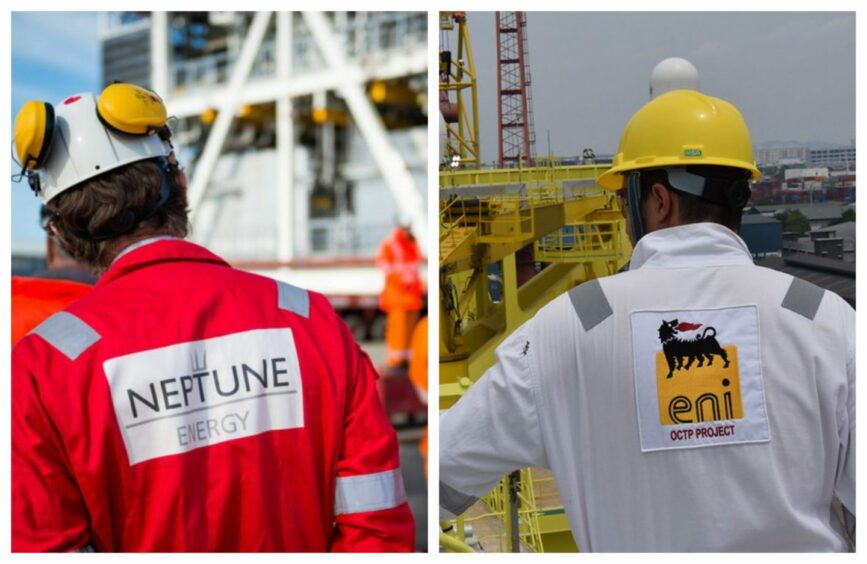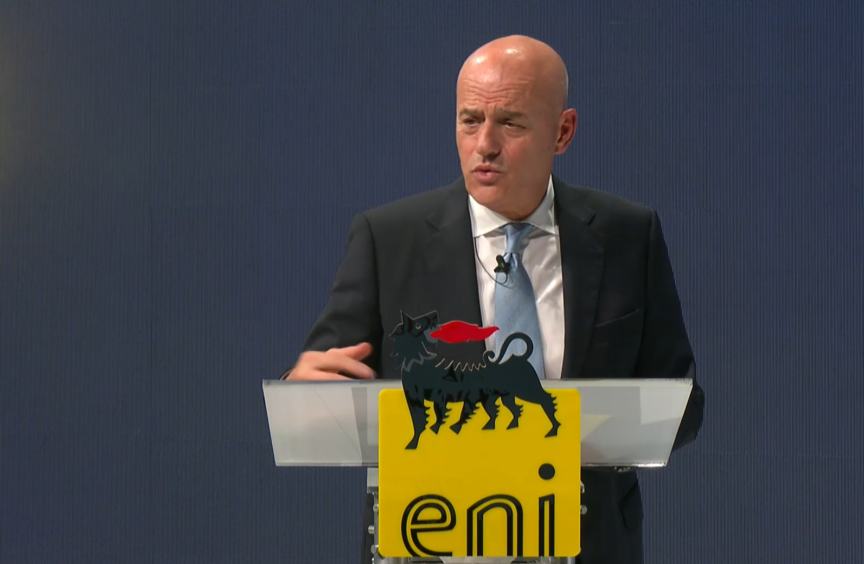
Analysts have highlighted Neptune Energy’s bountiful gas reserves as a driving force behind its impending takeover.
RBC Capital Markets says there is “strategic logic” to Eni’s (NYSE: E) decision to move for the private-equity back operator given its portfolio.
The weighting of gas gives the Italian supermajor a “carbon intensity materially below” its current average.
Eni formally announced its long-expected takeover of Neptune on Friday, with plans to hand the firm’s Norwegian operations over to Var Energi, in which the group has a controlling stake.
Combined the deals are worth just shy of $5 billion and, subject to clearing certain hurdles, are slated to complete at the start of next year.
It is understood there wont be any impact on Neptune’s 200 or so employees in London or Aberdeen, while the firm’s German operations will be carved out.
Adding gas production
Reacting to the deal, RBC’s Biraj Borkhataria said: “The transaction adds gas-weighted production in the UK, Netherlands, Algeria & Egypt, Indonesia, and Australia to Eni’s global portfolio, and is expected to support the company’s stated objective to increase the share of gas volumes in its portfolio to 60% by 2030.
He added: “As we noted earlier, there appears to be strategic logic to this move given the gas weighting, which also leaves it with a carbon intensity materially below the average for Eni at the moment.
“Although it hasn’t been flagged this morning, we would expect the acquisition to result in an upgrade to Eni’s GGP guidance over the medium term, given the acquisition will add 4bcm of supply to Eni along with the potential for synergies via access to additional pipeline capacity. Finally, the combined EV for the transactions of ~$4.9bn comes in just below the low end of the range of $5-6bn mentioned in media reports.”
Production from the assets acquired by Eni, excluding those acquired by Var, stood at almost 60 thousands barrels of oil equivalent per day (kboed) in 2022.
Acquiring a ‘high performing’ business
There is scope for cost synergies too, particularly around “exploration and development including more CCS, financial and midstream value upside potential”, RBC notes.
Speaking as part of a conference call later on Friday, Eni chief executive Claudio Descalzi said: “We are already an important producer in each of Neptune’s country of operation, with the exception of Netherlands, which even so is still aligned with our broader North Sea footprint, and of course our European midstream activities.”
He added: “Bringing the additional gas production into our portfolio, and the low emissions profile of the assets themselves at around six kilograms of CO2 per barrel, is consistent with advancing our mission objectives, as part of us addressing the energy trilemma.
“We are very proud to bring into Eni this high performing business, which will contribute to our cash flow growth, our lower emission profile and our shareholder delivery, and we look forward to closing the transaction.”
Recommended for you


 © AJL
© AJL